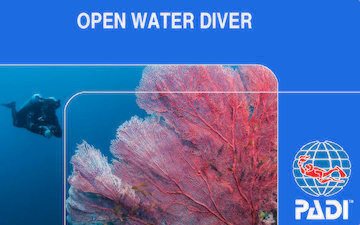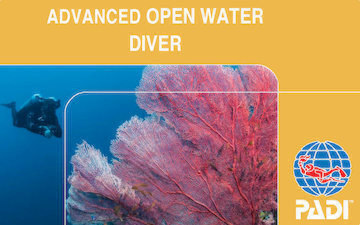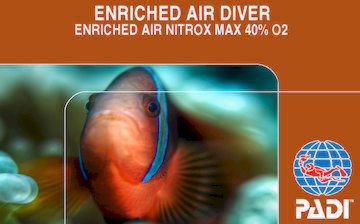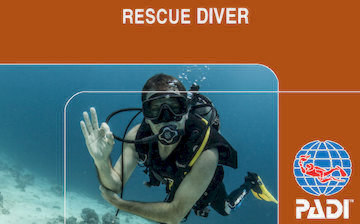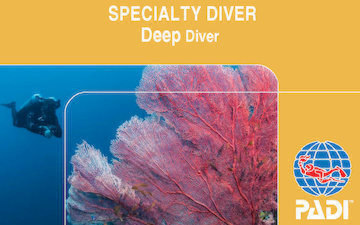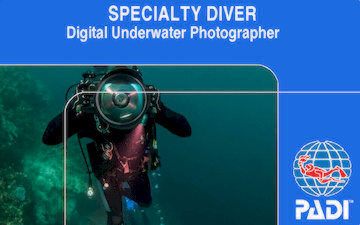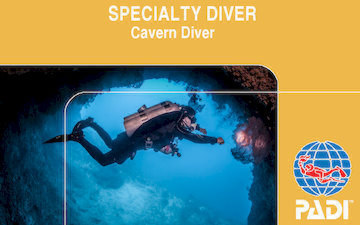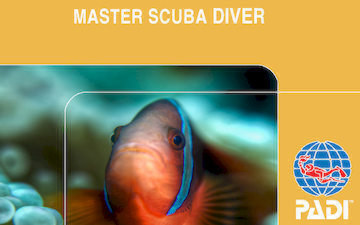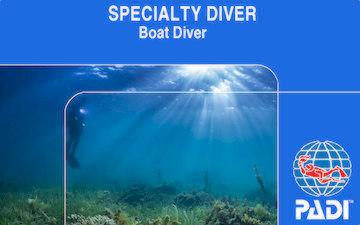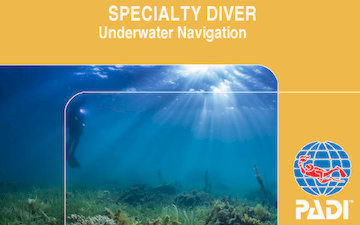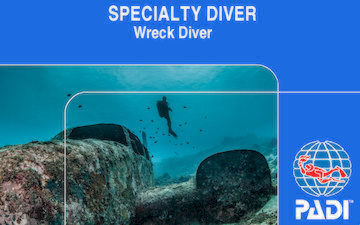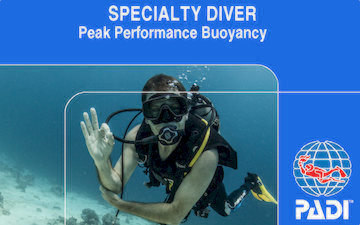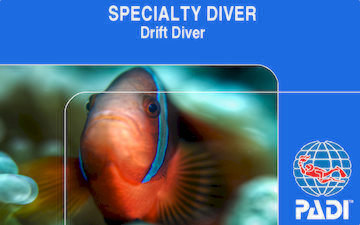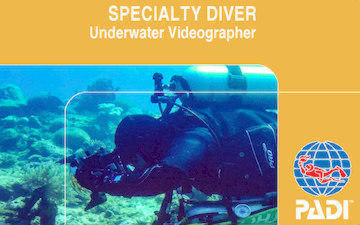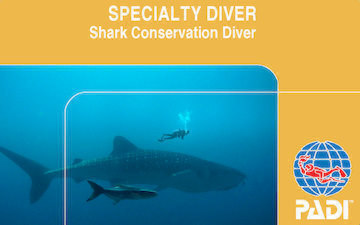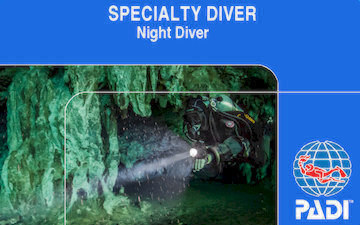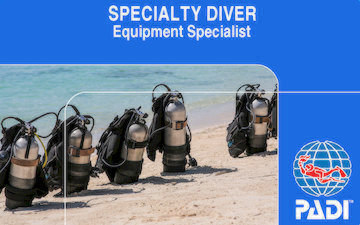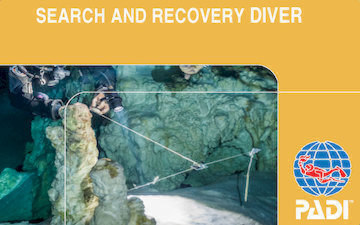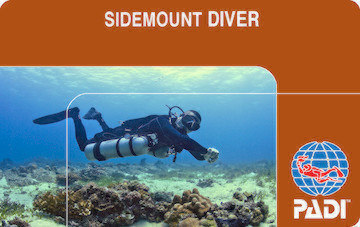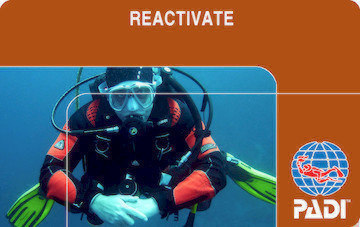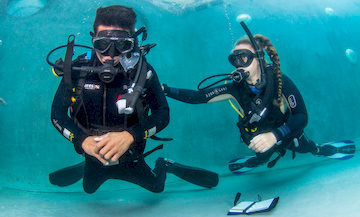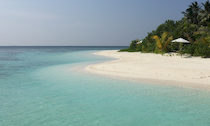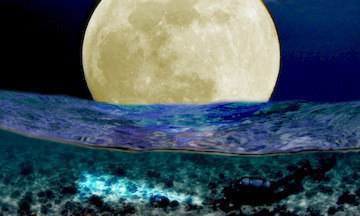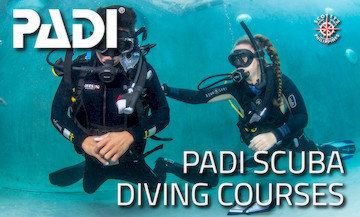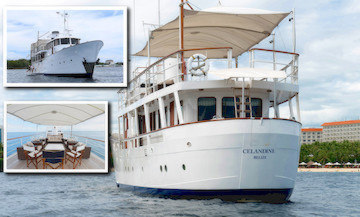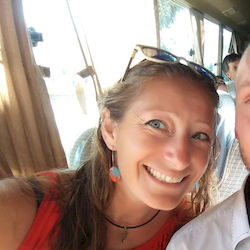PADI Scuba Diving Courses and Scuba Lessons
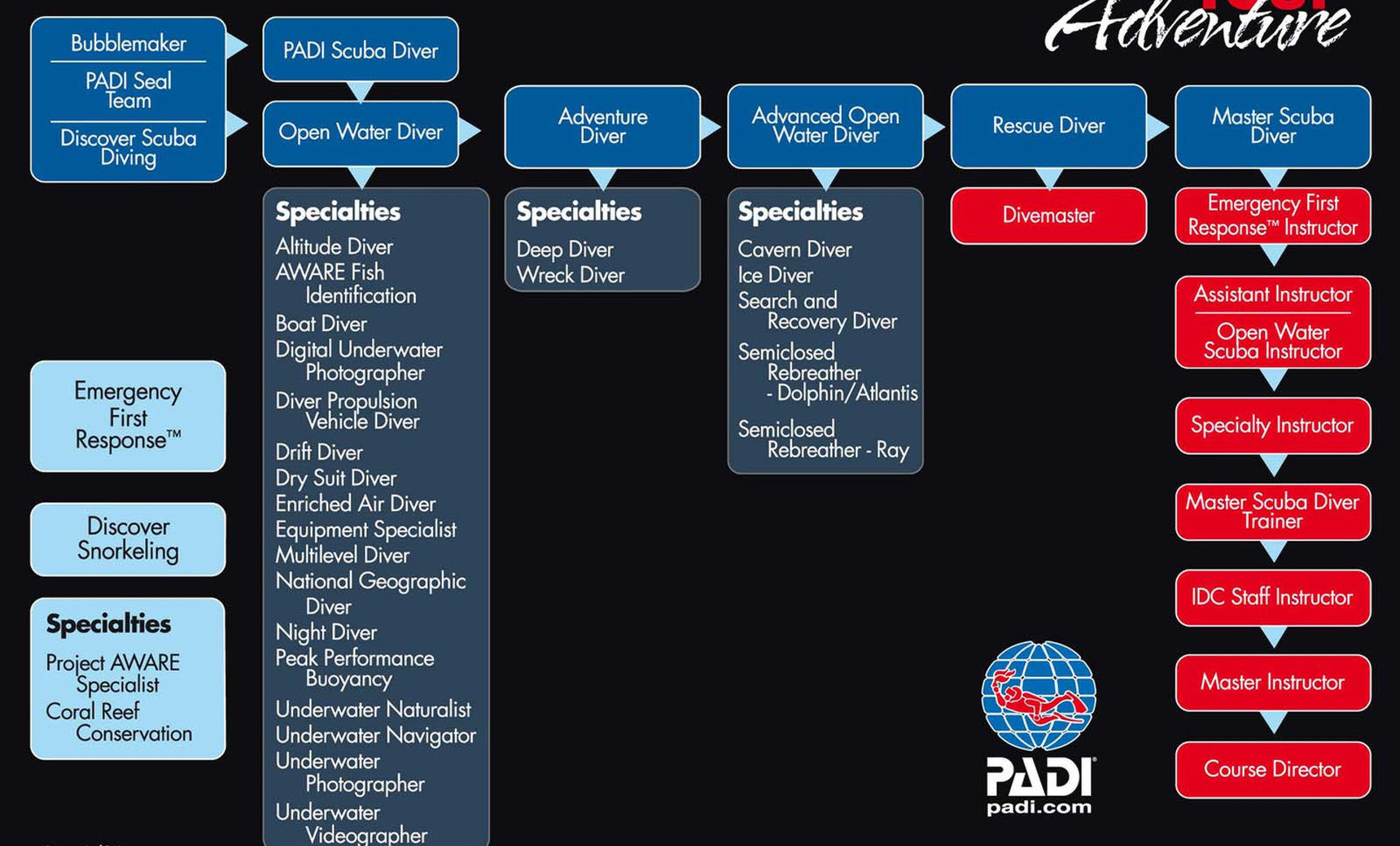 Our Scuba Diving Courses from PADI, which is one of the world's largest scuba diving training organizations. PADI's goal is to give people the chance to dive the underwater world with proper training and skills.
Our Scuba Diving Courses from PADI, which is one of the world's largest scuba diving training organizations. PADI's goal is to give people the chance to dive the underwater world with proper training and skills.
Earning PADI certification is one of the best ways to gain knowledge in using and maintaining scuba diving gear and equipment. It builds confidence in aspiring scuba divers who have fallen in love with scuba diving.
In 1966, John Cronin and Ralph Erickson decided to start a scuba training organization. They wanted to provide a safer and easier way for people to dive the underwater world. They could then discover the adventures found in underwater exploration.
Over a bottle of Johnnie Walker Black Label, they decided to name their organization the Professional Association of Diving Instructors, or PADI. This two-man operation became one of the world's largest scuba training organizations. For more than five decades, PADI has been providing high-quality recreational training programs and supervision.
PADI’s mission is to develop programs to encourage people worldwide to learn recreational scuba diving and snorkeling. Its vision is to be the pinnacle of high standards in providing educational to scuba diving professionals and enthusiasts. In short, its mission is to teach the world to dive.
PADI's slogan: The Way the World Learns to Dive.
PADI Diving Courses and PADI Scuba Specialties
Scotty's dive centers have been teaching scuba diving for the past 30 years. You cannot go wrong with that track record of success!
Our scuba diving schools and dive centers across the Philippines are currently teaching the following PADI diving courses and PADI scuba specialties:











